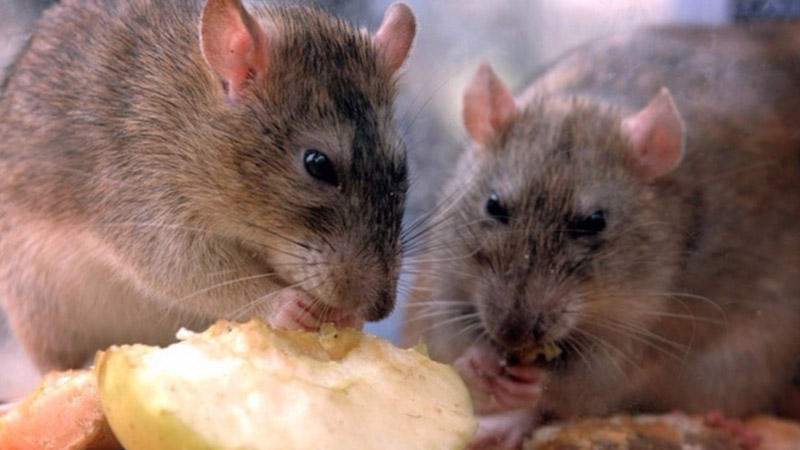This article is for informational purposes only and is not meant to offer medical advice.
In a rare medical incident, a 76-year-old man from Canada faced a life-threatening bacterial infection following a rat bite. This unusual encounter occurred in his home in Montréal, Quebec, when he discovered a rat in his toilet and attempted to remove it, resulting in the rat biting two of his fingers.
Initially treated with basic wound care and a tetanus booster at a local emergency department, the man’s situation took a dire turn about 18 days later when he developed symptoms including fever, headaches, and abdominal pain, signaling the onset of a more serious condition, told Live Science.
Upon his return to the hospital, medical professionals observed that, although his finger wounds had largely healed, his blood pressure was alarmingly low and his heart rate was elevated. Further tests indicated kidney damage and a decreased platelet count, prompting his admission to the Intensive Care Unit (ICU) for suspected multi-organ dysfunction and sepsis, a critical condition where the body’s response to infection causes widespread inflammation, leading to organ failure, published in January in the Canadian Medical Association Journal.
The diagnostic process led to the discovery of leptospirosis in the patient, an infectious disease often transmitted from animals to humans through the bacteria genus Leptospira. This condition, also known as Weil’s disease, represents the most prevalent zoonotic infection globally, with over a million cases and nearly 60,000 fatalities reported each year.
While the symptoms can range from mild, flu-like signs to severe, life-threatening multi-organ failure, they are often nonspecific, making early diagnosis challenging. Leptospirosis is particularly notorious for its potential to cause severe complications in about 10% of cases, escalating to multi-organ failure and, in some instances, death.
The man’s condition was particularly unusual due to the mode of transmission; the Leptospira bacteria, typically spread through animal urine or contaminated environments, presumably entered his system via the rat bite, an atypical vector for this disease. This hypothesis suggests that the rat’s mouth might have been contaminated with its urine carrying the bacteria, which then infected the man through the bite wounds.
Following intensive treatment with antibiotics and supportive care for his kidney damage and low platelet count, the man’s health improved significantly, allowing for his discharge from the ICU. This case underscores the complexity of leptospirosis as a disease and highlights the importance of prompt medical attention and treatment.
It also serves as a reminder of the diverse ways infectious diseases can be transmitted, including through unexpected encounters with wildlife, such as the one experienced by this individual. The incident raises awareness about the risks associated with rodent encounters, especially in residential settings, and the potential for unusual transmission routes of diseases. It also emphasizes the need for vigilance in recognizing and treating infectious diseases, even those that might arise from uncommon and unforeseen circumstances.

